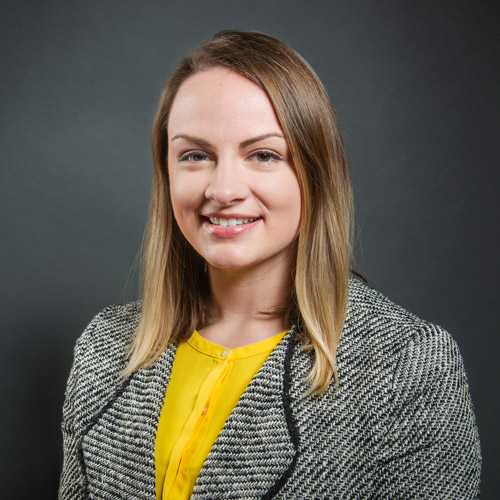Boston University Weekly COVID-19 Report: September 30 to October 6
BU passes milestone of 200,000 tests, as transmission remains highest at home and in social settings
Now that Boston University is publishing its COVID-19 testing data on a public-facing dashboard, Gloria Waters, BU vice president and associate provost for research, and Judy Platt, director of BU Student Health Services, will provide a weekly update on the overall health of the BU community.
This week, Boston University’s Clinical Testing Lab passed a milestone, processing its 200,000th coronavirus test since opening in early August.
“Months ago, we never imagined we’d be doing any of this,” Gloria Waters says. “Now, we think we’ll hit one million tests by spring.”
BU’s coronavirus numbers remain relatively low—despite rises in positivity rates across the city of Boston and the commonwealth of Massachusetts. Between September 30 and October 6, 12 students tested positive; among faculty and staff, 3 people tested positive. Across a total number of 15,870 students tested for coronavirus, .08 percent were positive. For faculty and staff, with 1,542 and 3,519 people tested, those rates were both .06 percent.
“Unlike I predicted last week, when I was really concerned about what we would see in the upcoming two weeks, we’ve held really steady,” says Judy Platt. “The increases happening at the state level, we are not seeing that at BU. We’re doing pretty well because of the significant vigilance that everyone in our community has had.”
Next week, BU students who have been quarantined or tested positive and been isolated should expect to receive invitations to complete a survey about their experience. “Isolation or quarantine is really hard, it’s a challenging situation to have to be in,” Platt says. The survey will allow BU to receive feedback in real time from students.
BU’s decision to offer on-campus isolation housing to off-campus students who test positive has already resulted in several people taking advantage of the option. “It’s not a requirement, but it’s the best chance to avoid an infected person from transmitting the virus to their roommates,” Platt says. “It’s really important that we are able to control transmission off campus.”
She says BU’s contact tracing efforts have still not unearthed any evidence of COVID-19 transmitting in classroom or office settings. Instead, she says, households and social situations remain the number one pathway for transmission.
That’s why Waters is urging BU’s research community to stay vigilant inside their labs. “We’ve had some more cases in people working in labs this week,” Waters says. “What’s most concerning in labs is what happens outside of the research work itself, it’s what happens at breaks, during lunch in the breakrooms. When you’re working for eight hours in the lab, you’re going to take breaks—but we don’t want people to let their guard down.”
Also, this week the Centers for Disease Control and Prevention released updated information about the virus’ ability to travel, via aerosolized droplets, more than six feet inside poorly ventilated spaces.
“This is something we were already concerned with, we know there’s a potential for aerosolization of the virus, which is why we’ve asked people to always wear masks indoors, it’s why we’re doing frequent testing, it’s why the HVAC systems were upgraded,” Platt says. “If you’re standing six feet away from someone and you’re not wearing masks, and you’re in a poorly ventilated space, there is greater potential for viral transmission.”
While the number of students who tested positive is slightly higher than last week, Platt says, the overall numbers don’t reveal any trends. But with chillier weather coming, everyone needs to buckle down on wearing masks, washing hands, and keeping physical distance. “You can feel it in the air,” she says. “As people start to spend more time inside, this is really where we are concerned about seeing the spread.”
Gloria Waters has spearheaded teams of BU scientists in their development and deployment of a campus-wide COVID-19 testing program and mathematical modeling of community behavior. Judy Platt, chair of BU’s Medical Advisory Group, oversees clinical management and isolation of students and employees who test positive for coronavirus, and helps manage BU’s contact tracing efforts. They are co-chairs of BU’s Vaccine Preparedness Group, which is overseeing the distribution of COVID-19 vaccines allocated to BU by the Massachusetts Department of Public Health.

Comments & Discussion
Boston University moderates comments to facilitate an informed, substantive, civil conversation. Abusive, profane, self-promotional, misleading, incoherent or off-topic comments will be rejected. Moderators are staffed during regular business hours (EST) and can only accept comments written in English. Statistics or facts must include a citation or a link to the citation.